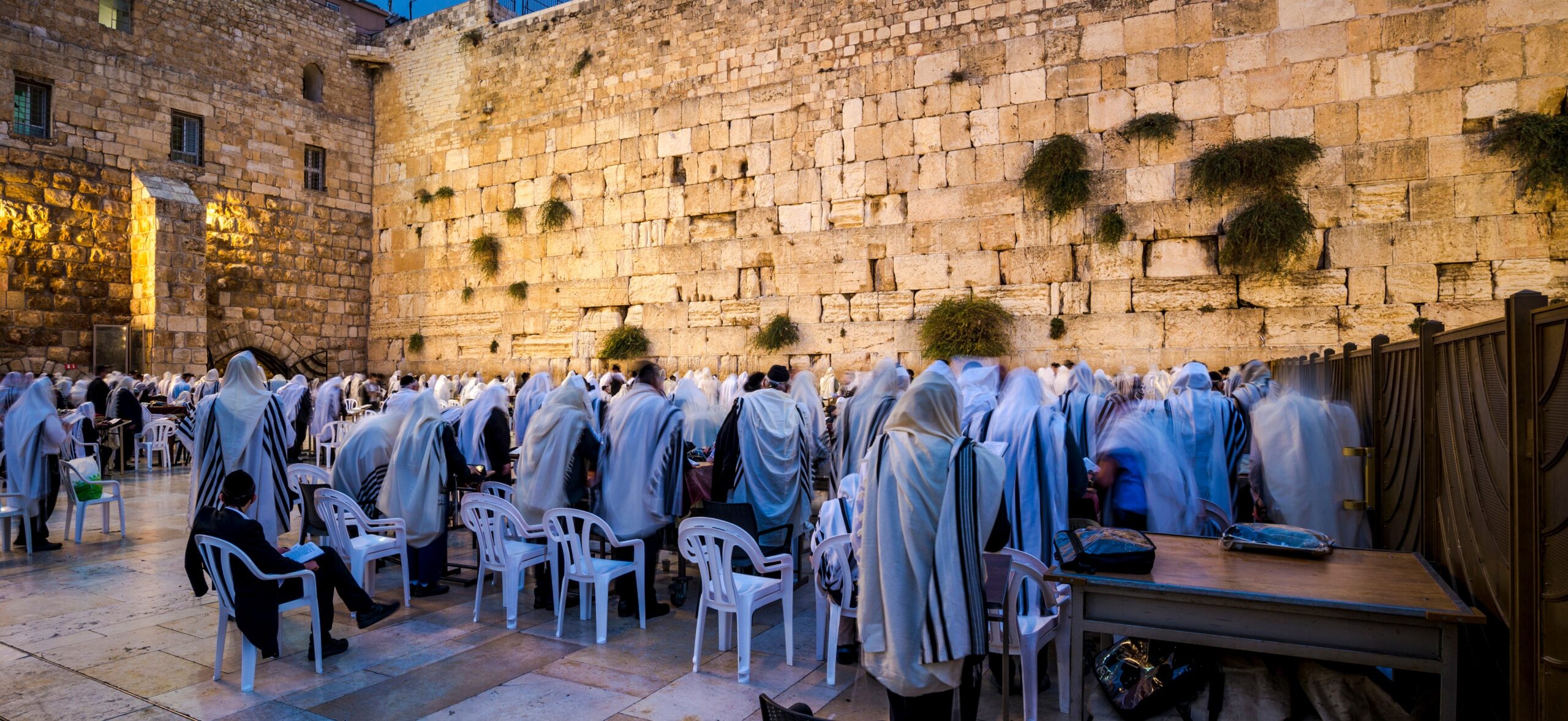On this episode of the podcast, we sat down with the two people we most wanted to talk with to try to answer our and YOUR most burning questions about the state of the pandemic today, Dr. David Manheim (episode 6) and Dr. Rami Shanani.
Dr. David Manheim is currently a post-doctoral researcher at the University of Haifa’s Health and Risk Communication Research Center, as well as working with universities and NGOs in the UK and US. His recent work has focused on modeling test and trace programs for the UK, and policy options for COVID-19 in the US and internationally.
Long before the pandemic, David was working on understanding and mitigating global catastrophic biological risks including work on bioweapons, natural pandemics, and other disasters with groups at the University of Oxford such as the Future of Humanity Institute and for various nonprofits and NGOs in the United States.
He has a Ph.D. in public policy and decision theory at the RAND Corporation and has done work that ranged from informing policy decision making for infectious diseases to modeling risks from earthquakes, hurricanes, and terrorism, and from flood insurance and resiliency building in the wake of catastrophes, to how bitcoin and other cryptocurrencies affect counter-terrorism finance.
Dr. Rami Shanani is an Israeli physician. Born and raised in Jerusalem, Rami attended Hebrew University medical school and has worked for decades as a family doctor in Israel’s public health system and has served in various management roles. He is a major in the IDF reserves, where he continues to serve as a commander of a medical unit involved with national preparedness for pandemics and other emergency situations, and is active in civic and communal leadership roles.
Links:
- David’s Linkedin
- A selection of Dr. Manheim’s published scholarly articles
- A selection of Dr. Manheim’s research expertise & collaborations on Covid-19
- The RAND Corporation
- About Healthcare in Israel
As always, make sure to subscribe to Jewanced on Spotify, Apple Podcasts, or wherever you get your podcasts and subscribe to our YouTube channel.
For more information, visit us at https://jewanced.com






